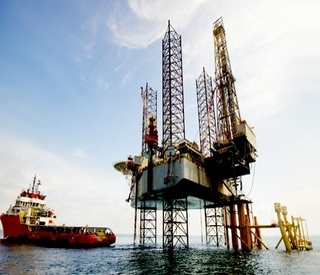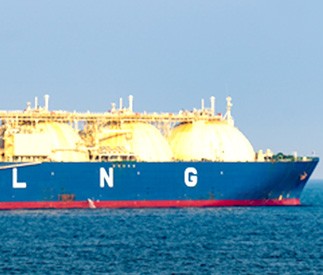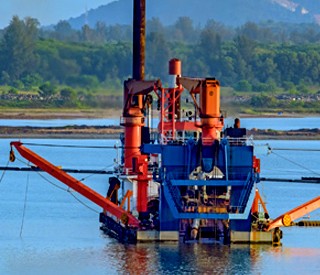Search Blog
POPULAR BLOGS
From Fatigue to Compliance: Evolution of Rest Hour Recording in the Maritime Industry
In the vast expanse of the maritime industry, where ships traversed oceans and connected nations, the safety and well-being of the crew were often overlooked. In the early days, there were no regulations to mandate rest hour recording, leading to severe accidents caused by crew fatigue. However, with the introduction of the Maritime Labour Convention (MLC), the tides began to change, ensuring that companies now record rest hours to maintain compliance and prioritize crew welfare. Today, digitalization has further revolutionized rest hour recording, making it easier than ever before. In this blog, we delve into the journey from a reckless past to a responsible present and highlight how Vedam's innovative software has played a significant role in streamlining rest hour management.
- #easyrest
Navigating the Seas of Tomorrow: Embracing Digital Inspection Software in the Shipping Industry
Evolution of OCIMF and the Advantages of SIRE 2.0 Digital Inspections
In the maritime industry, safety and efficiency are of utmost importance. The Oil Companies International Marine Forum (OCIMF) plays a significant role in ensuring the safe and environmentally responsible transportation of oil, gas, and chemicals through its rigorous inspection and survey processes. In this blog, we will explore the evolution of OCIMF and the transition from traditional pen and paper-based surveys to the digital era, specifically focusing on SIRE 2.0 inspections.
Evolution of CFD in deriving the Vref in the framework of the EEXI Regulations
EEXI (Energy Efficiency Existing Ship Index) was adopted by IMO as a technical measure to reduce GHG emissions. EEXI requires all ships of 400GT and above to have an attained EEXI number calculated. This attained EEXI number should be less than or equal to the required EEXI number which varies according to ship types and their size category. EEXI takes into consideration all the design parameters of the ship relevant to with its GHG emission capabilities, its purpose and its size. It does not consider the operational parameters of the ship.

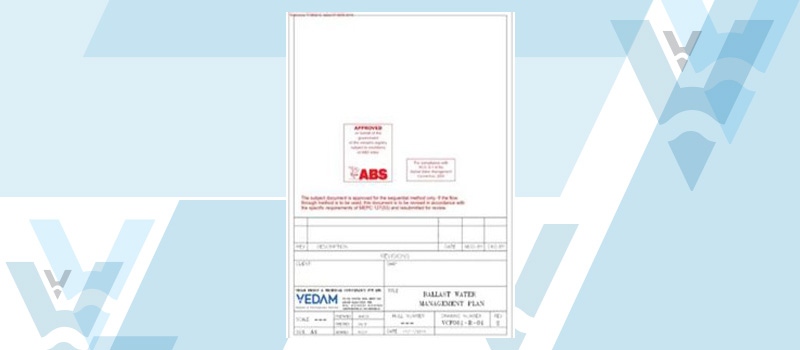
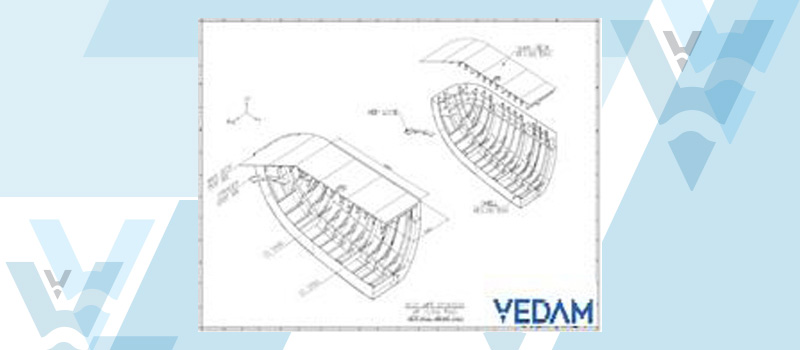

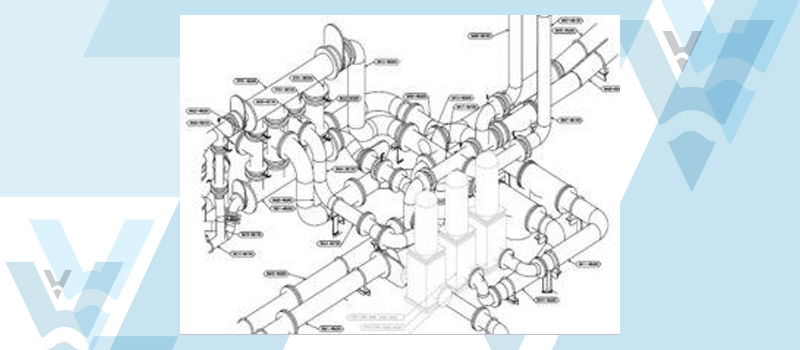
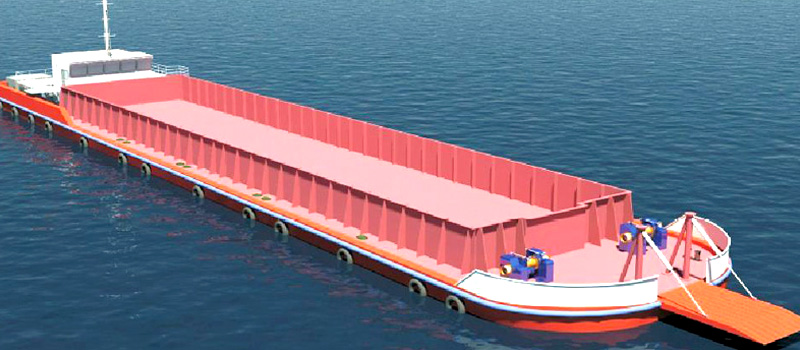
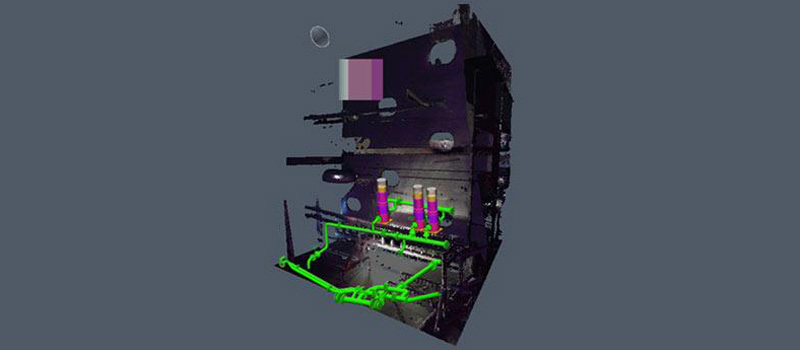
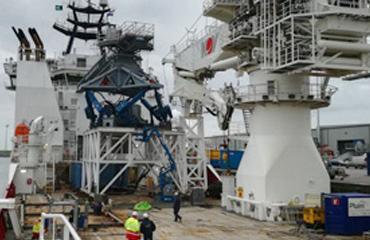
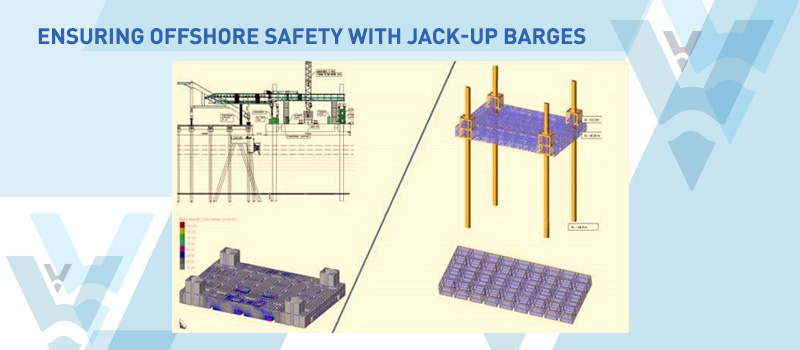

.jpg)
